PM: Measures already bearing fruit
Prime Minister Mirko Cvetković says that the government measures against the economic crisis “have already given good early results.”
Thursday, 09.04.2009.
10:44

Prime Minister Mirko Cvetkovic says that the government measures against the economic crisis “have already given good early results.” “We were not late, nor did we stray in seeking a solution to the repercussions of the world economic crisis and recession,” Cvetkovic told daily Politika, pointing out that the government had taken its first measures to protect financial and banking systems back in October of last year. PM: Measures already bearing fruit He said that the government had reacted to the crisis sensibly, by putting about EUR 1.7bn into increasing economic solvency and encouraging the sale of domestic products. “The banks accepted and supported that action,” Cvetkovic said, adding that “economic stability and weeks of a stable exchange rate, without NBS interventions on the foreign currency market,” were testimony to that. Cvetkovic said that the government, in addition to an economic stability program and budget review, “will take more steps” in order to stop Serbian GDP from “sliding more than two percent,” as expected. “We have such options available. We will react in good time with new solutions, and we are doing everything we can to make sure that this doesn’t happen,” he said, adding that the budget review had to be adopted by May 1. Cvetkovic added that the government wanted to “prove that it can have a cheaper state befitting the objective economic circumstances,” and that it wanted to send a clear signal “that times are hard and that everyone should be treated the same way.” Asked about the dissatisfaction of certain municipal presidents regarding the cuts in municipal budget funding, Cvetkovic said that the measures that applied to the government and state applied to local self-governments too. “If we’ve decided to significantly cut spending, then I do not see any reason why the municipalities shouldn’t try also,” the prime minister said. Cvetkovic added that some EUR 440mn had been set aside from the budget for local self- governments, and that their “total bill is about EUR 2bn.” “We expect them to rein in spending by seven to eight percent and very selectively—richer and stronger areas, like Belgrade and Novi Sad, will give more, but small municipalities in south Serbia might even receive more than last year,” the prime minister explained. Speaking of the agreement with the International Monetary Fund, Cvetkovic said that it would provide EUR 3bn to support Serbian hard currency reserves, which will “help the stability of the dinar.” He said that it was more important that the IMF had helped reach an agreement with foreign creditors in Vienna not to cut loan support for private companies in Serbia, and to exchange old loans for new where possible. Speaking of Corridor 10, Cvetkovic said that work on the 23-kilometer section of the highway from Presevo to Levosoje would begin soon, along with the bypass around Dimitrovgrad, and two 10-kilometer stretches of road from Horgos to Novi Sad. Mirko Cvetkovic (FoNet, archive)
PM: Measures already bearing fruit
He said that the government had reacted to the crisis sensibly, by putting about EUR 1.7bn into increasing economic solvency and encouraging the sale of domestic products.“The banks accepted and supported that action,” Cvetković said, adding that “economic stability and weeks of a stable exchange rate, without NBS interventions on the foreign currency market,” were testimony to that.
Cvetković said that the government, in addition to an economic stability program and budget review, “will take more steps” in order to stop Serbian GDP from “sliding more than two percent,” as expected.
“We have such options available. We will react in good time with new solutions, and we are doing everything we can to make sure that this doesn’t happen,” he said, adding that the budget review had to be adopted by May 1.
Cvetković added that the government wanted to “prove that it can have a cheaper state befitting the objective economic circumstances,” and that it wanted to send a clear signal “that times are hard and that everyone should be treated the same way.”
Asked about the dissatisfaction of certain municipal presidents regarding the cuts in municipal budget funding, Cvetković said that the measures that applied to the government and state applied to local self-governments too.
“If we’ve decided to significantly cut spending, then I do not see any reason why the municipalities shouldn’t try also,” the prime minister said.
Cvetković added that some EUR 440mn had been set aside from the budget for local self- governments, and that their “total bill is about EUR 2bn.”
“We expect them to rein in spending by seven to eight percent and very selectively—richer and stronger areas, like Belgrade and Novi Sad, will give more, but small municipalities in south Serbia might even receive more than last year,” the prime minister explained.
Speaking of the agreement with the International Monetary Fund, Cvetković said that it would provide EUR 3bn to support Serbian hard currency reserves, which will “help the stability of the dinar.”
He said that it was more important that the IMF had helped reach an agreement with foreign creditors in Vienna not to cut loan support for private companies in Serbia, and to exchange old loans for new where possible.
Speaking of Corridor 10, Cvetković said that work on the 23-kilometer section of the highway from Preševo to Levosoje would begin soon, along with the bypass around Dimitrovgrad, and two 10-kilometer stretches of road from Horgoš to Novi Sad.



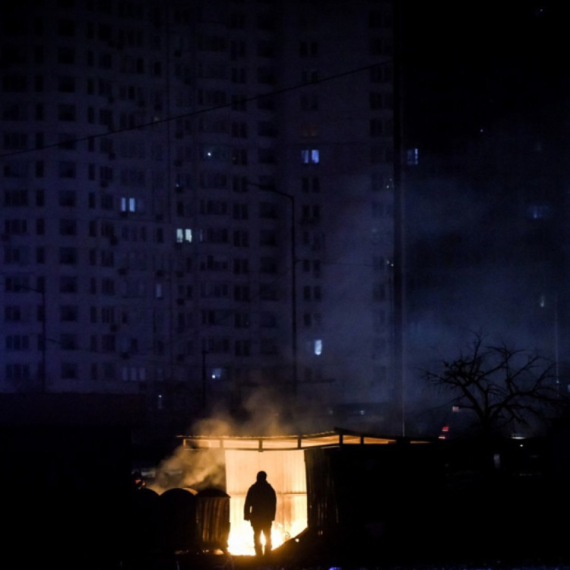
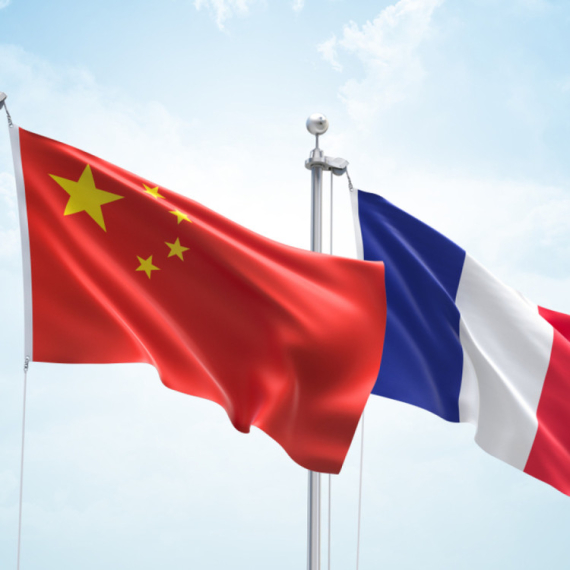
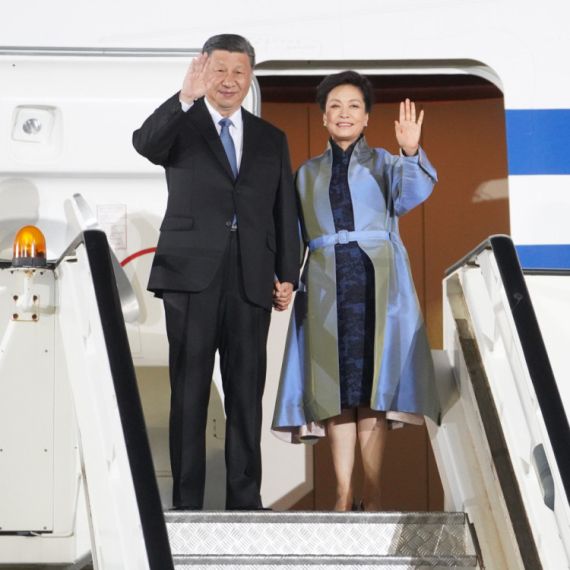










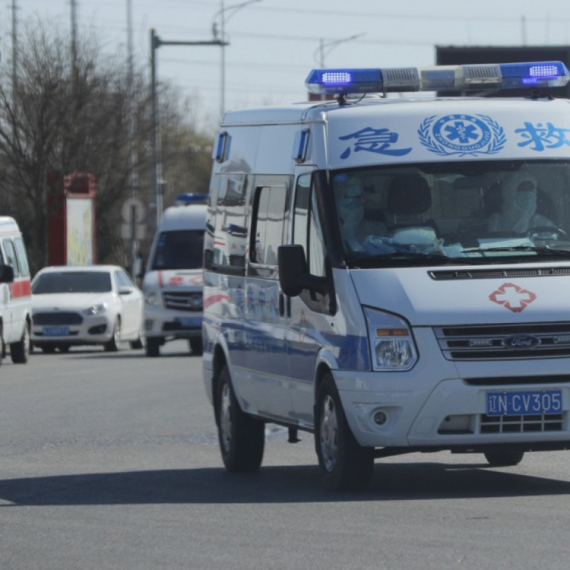
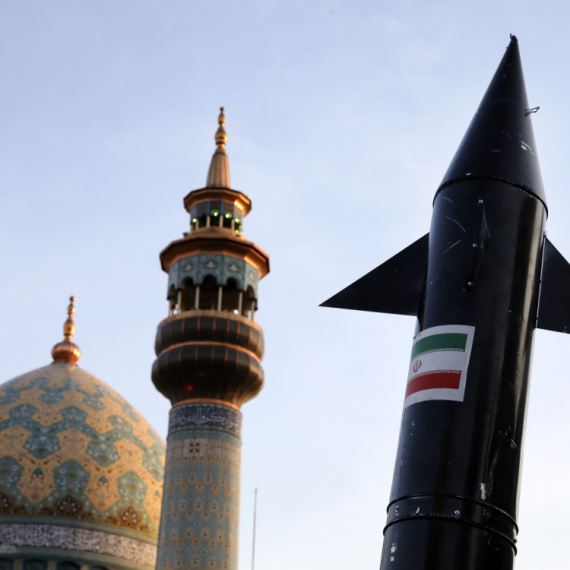













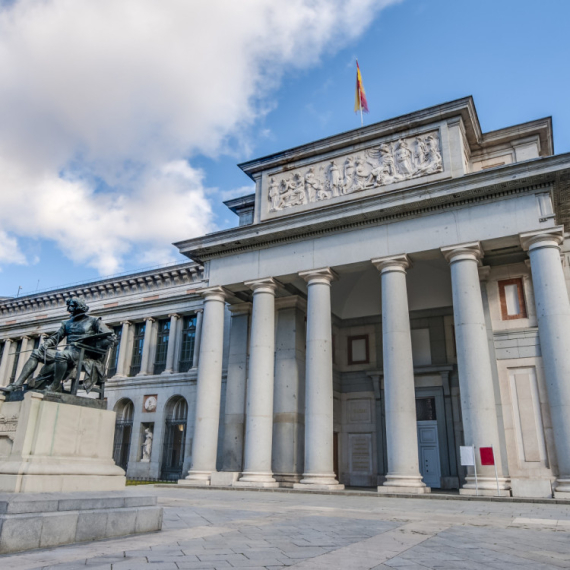

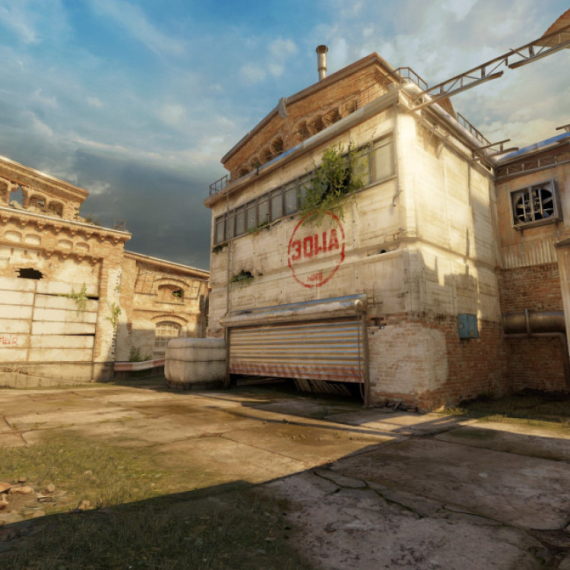




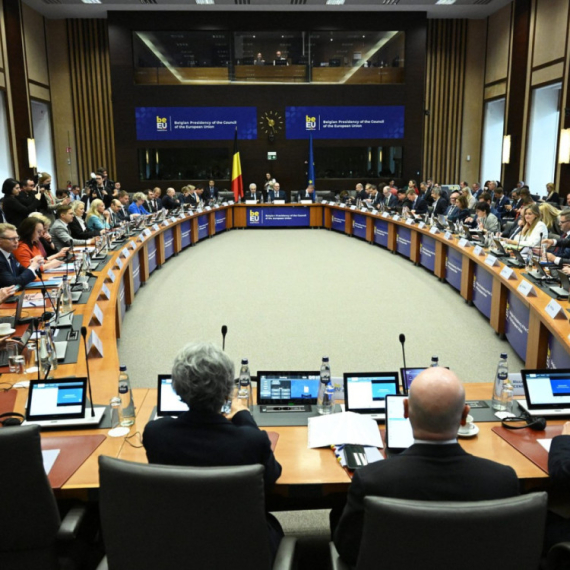
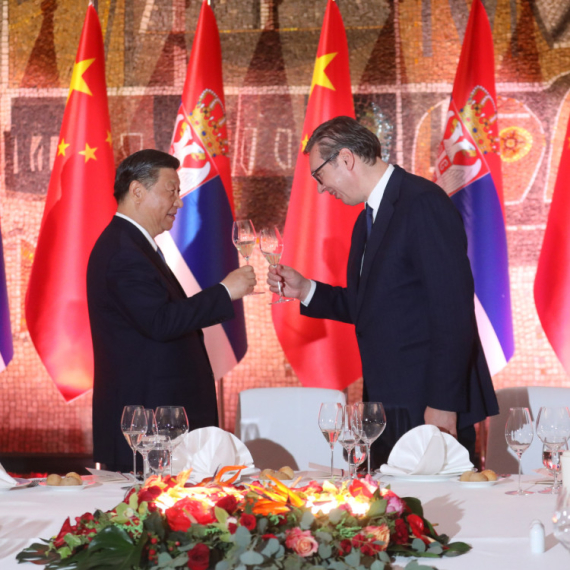
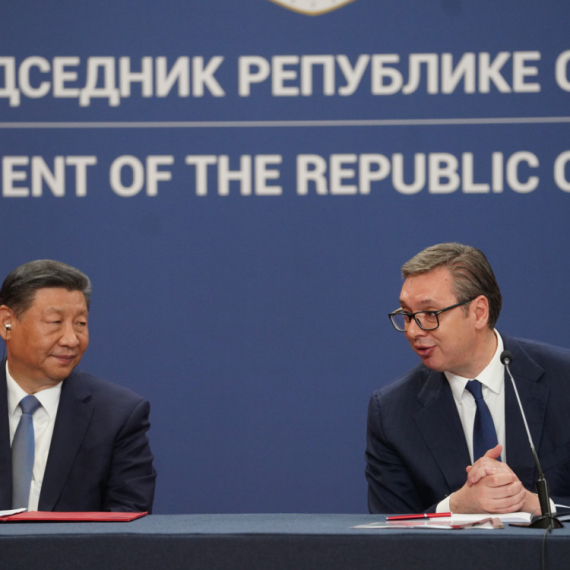

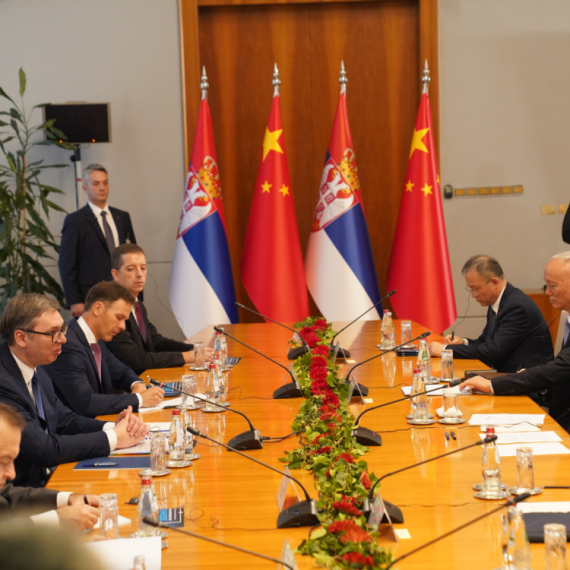










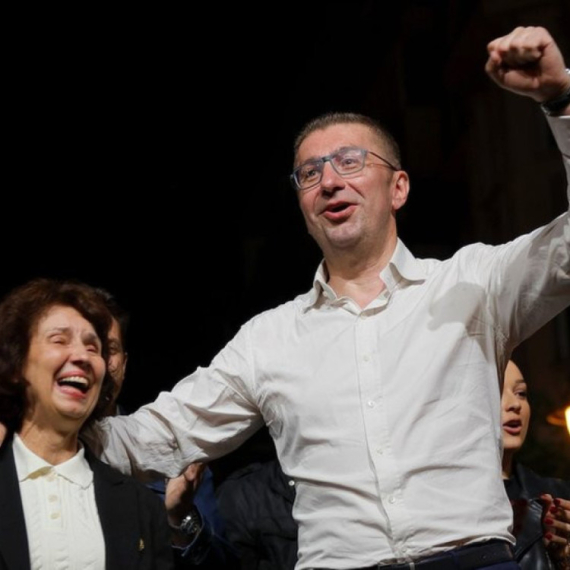


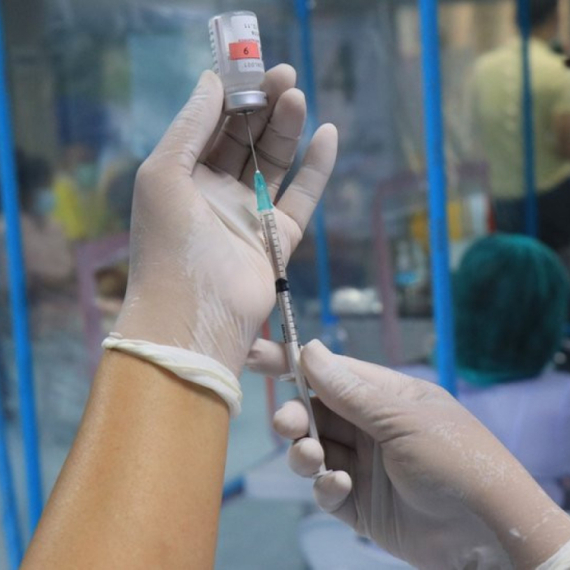


Komentari 4
Pogledaj komentare